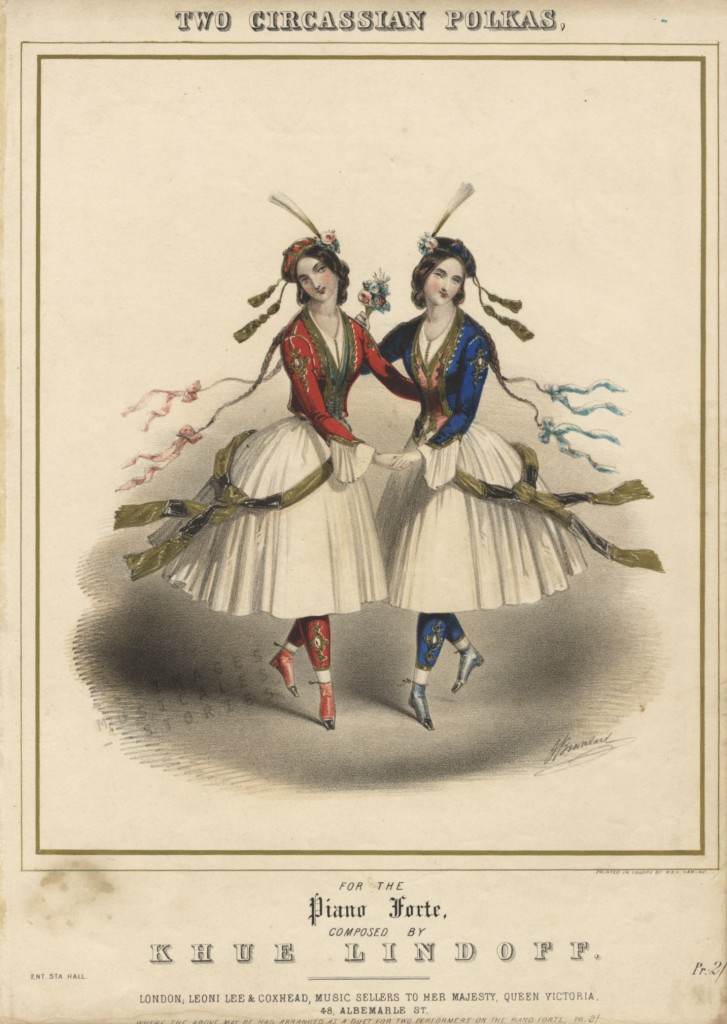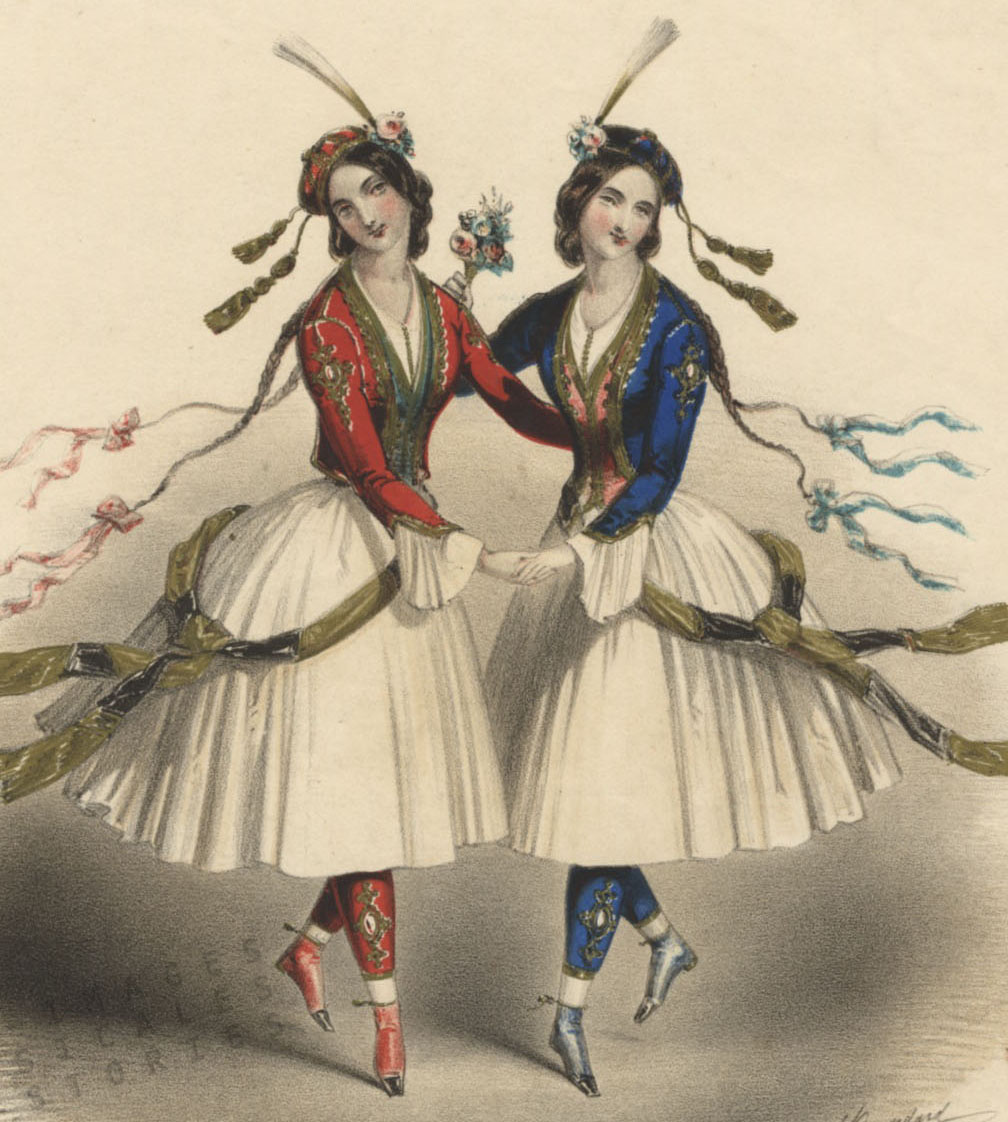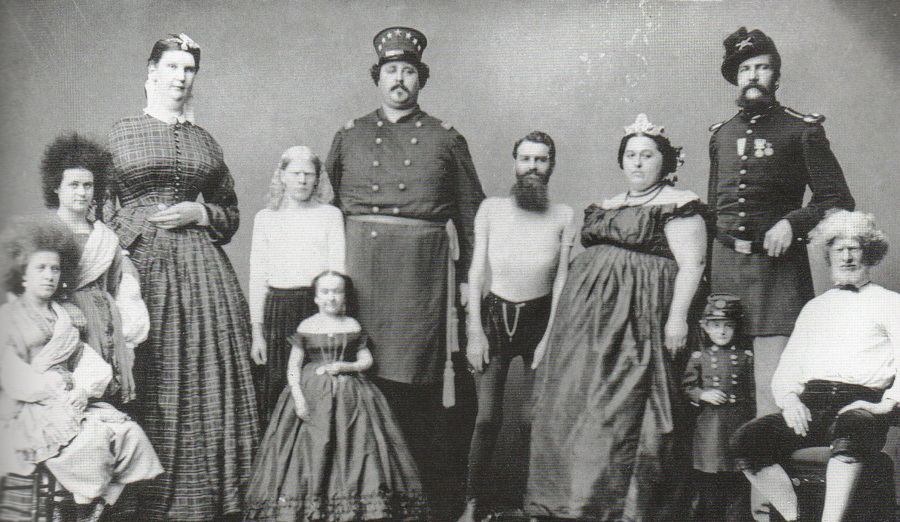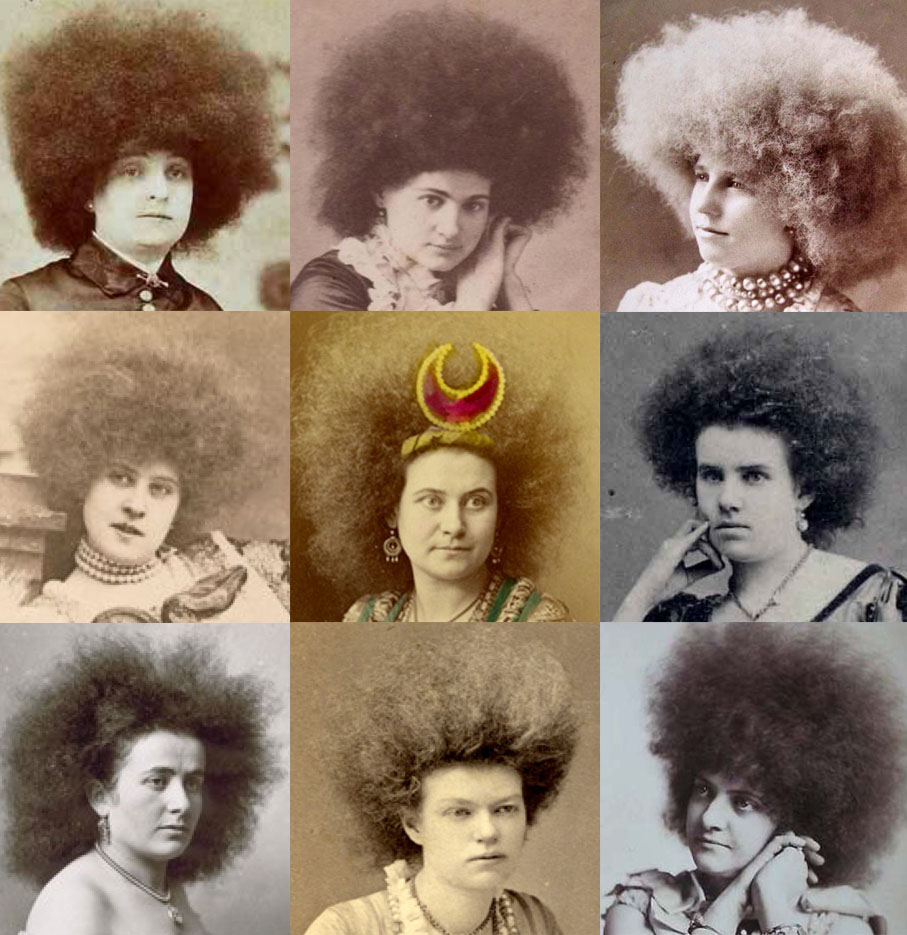
Circassia used to be a country in the North Caucasus until, in the early 1860s, the Russians won the Russian-Circassian war and ethnic cleansing followed. Sochi, famous for the 2014 Winter Olympics, was its capital. Circassia was legendary for its beautiful women. On the above cover of Victorian sheet music John Brandard depicts two of them dancing ever so lightly the popular polka.
Diderot wrote in his Encyclopédie: ‘Circassian women are renowned for their charms and rightly so.’ Apparently he was quite the connoisseur. ‘They are blessed with white skin, rosy cheeks and raven hair’. So they must have looked like Snow White.

Even Voltaire adds to the mystique of the attractive Circassian women: ‘The Circassians are poor, but have beautiful daughters; and indeed, it is in them they chiefly trade. They furnish beauties for the seraglios of the sultan of Persia, and others who are rich enough to purchase and to maintain this precious merchandise.’ Our enlightened philosopher explains that the girls were trained in the art of seduction as Caucasian geishas: ‘These people bring up their children in virtuous and honourable principles, to flatter the male part of the creation; to master the art of effeminate and lascivious dancing; and lastly how to heighten by the most voluptuous artifices the pleasures of their disdainful masters for whom they are designed.’

Romantic tales of beautiful white sex slaves in the Orient inspired the circusman in P. T. Barnum. He tried to buy a real Circassian slave for his freak show, but in vain. So he started exhibiting Circassian Beauties of his own making. He hired local, light-skinned girls with a weird bushy hairstyle that was skillfully created with a comb and some beer. He told his audience that these young Caucasian women had escaped from a Turkish sultan’s harem where they had been enslaved after their kidnapping. A contemporary journalist compared their afro hairdo with a boll of a ripened dandelion. Soon Circassian Beauties became common in sideshows all over America. Their success lasted until the early 20th century. On stage they wore oriental trousers and slightly revealing dresses. They often sat cross-legged sucking a hookah, thus tintillating the male audience.

The merchandising included the sale of exotic photographs with tropical plants and animal skins as decor. Also offered were pseudo-biographical pamphlets of the women. These stories held an explanation for the ladies’ excellent English skills and how they lost ‘their native tongue’.
To be a genuine Circassian Beauty your stage name needed at least one Z: Zalumma Agra (the first Circassian Beauty ever displayed on stage), Zoe Meleke, Zobeide Luti, Zolula Legrand, Aggie Zolutia, Zula Zarah, Zolrebia Tisseah, Zoe Zuemella, … According to British sheet music they could also dance Ze Polka!
Reading: The Circassian Beauty and the Circassian Slave: Gender, Imperialism, and American Popular Entertainment by Linda Frost

Thoroughly enjoyed the article on the Circassian beauties under the dance category on your website. It’s always lovely to see John Brandard’s lithographs featured, especially his better color lithos featuring dancers of the Romantic period. There are many that adorn music covers from 1840 to 1860. Regarding Barnum, there are a number of interesting American music title pages with his image or that of individuals he presented or exhibited. There is a new film coming out about him and his ‘greatest show on earth’ either late this year or next and we’ll see if the filmmakers take on the touchy subject of freak shows that he was so well known for.